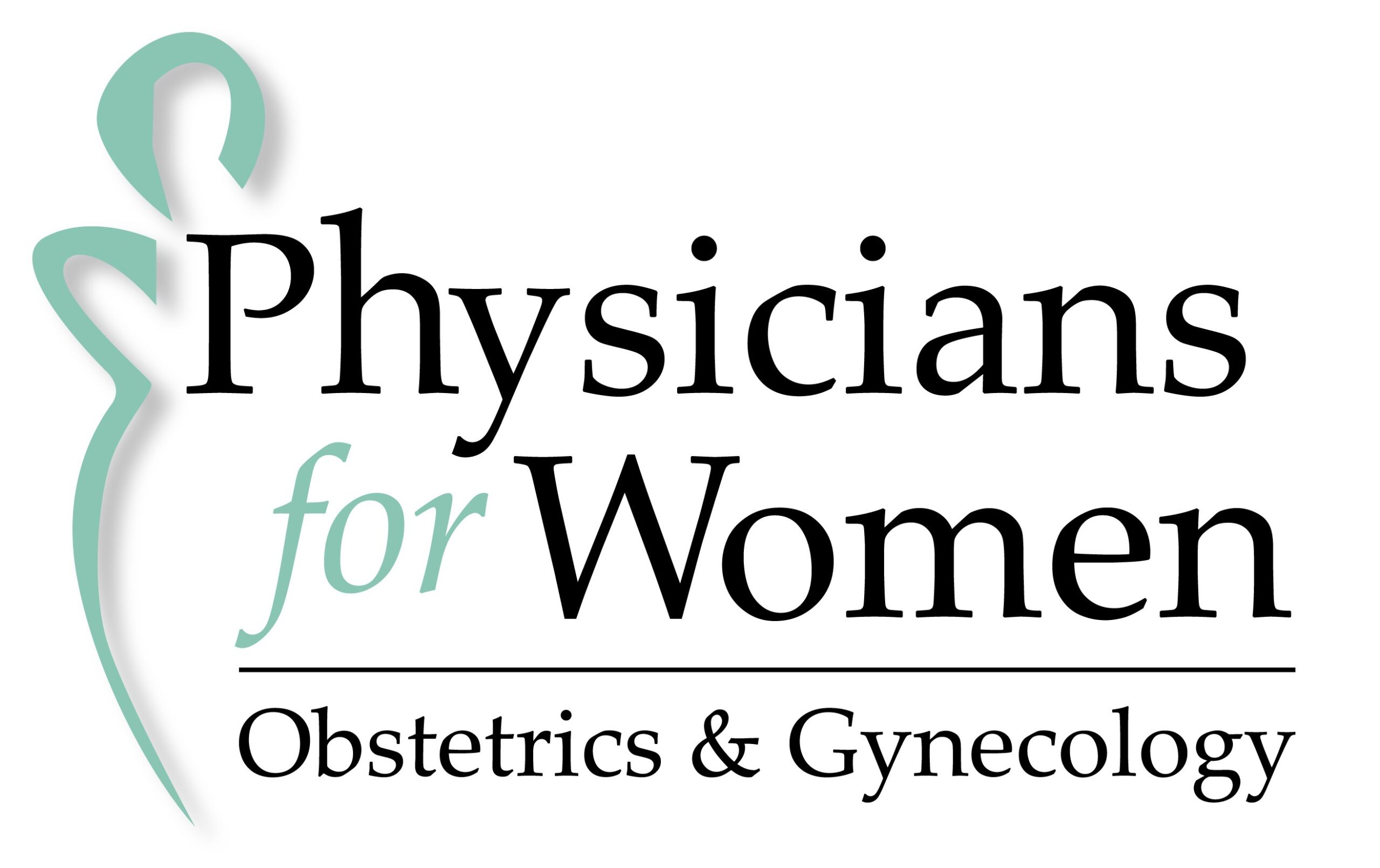The transition from normal monthly cycles to their complete absence is variable and unique to every woman. Some experience hardly any symptoms and others are plagued by hot flashes, insomnia, mood swings, vaginal dryness, and painful intercourse for several years as a woman’s normal hormonal milieu declines. The physicians at Physicians for Women are available to listen, diagnose, and counsel you as to the latest and most effective treatment options currently available. To make your transition into menopause simpler with innovative treatments, call the clinic or reserve your appointment online today.
Menopause
Menopause Q & A
What is menopause?
By definition, menopause is the time in a woman’s life when her menstrual cycle has stopped for a total of one year. The average age of menopause in the US is 51 years, but it is typical to occur sometime in your late 40s or early 50s.
As you approach menopause, you go through a transitional period called perimenopause. Perimenopause is more than just the slowing down of your menstrual cycle — it also involves unpredictable hormone fluctuations.
What are some common signs and symptoms of menopause?
Your symptoms might stop once you’ve completed menopause, but perimenopause often comes with a collection of signs and symptoms related to the fluctuations and overall drop in hormones. Common menopause symptoms are:
- Hot flashes
- Vaginal dryness
- Chills
- Nighttime sweats
- Trouble sleeping
- Moodiness
- Low sex drive
- Weight gain
- Thinning hair
If you have other symptoms during this time, the team at Physicians for Women can find out whether they’re related to menopause.
During perimenopause, you’ll likely still get menstrual periods. However, they’re not the same as before the process started. They may be heavier, lighter, farther apart, or completely unpredictable.
How can I manage my menopause symptoms?
Lifestyle Modifications
To optimize the way you feel and reduce some symptoms, the team might recommend making some healthy changes to your lifestyle. These might include following a more nutritious diet, improving your sleep schedule, or stopping smoking.
Medications
Certain medications like estrogen and progesterone may be prescribed to ease menopausal symptoms.
Hormone Replacement Therapy (HRT)
The team may prescribe estrogen and progesterone pills, patches, or intravaginal creams to help relieve symptoms and make the transition easier.
FemiLift™
FemiLift is a laser procedure specifically used to treat vaginal discomfort and dryness that often comes with menopause. The fractionated CO2 beam painlessly acts on atrophic vaginal tissues to promote cell regeneration and elasticity and improved blood flow.
For more information about options on how to manage menopause, call Physicians for Women or book an appointment online today.

